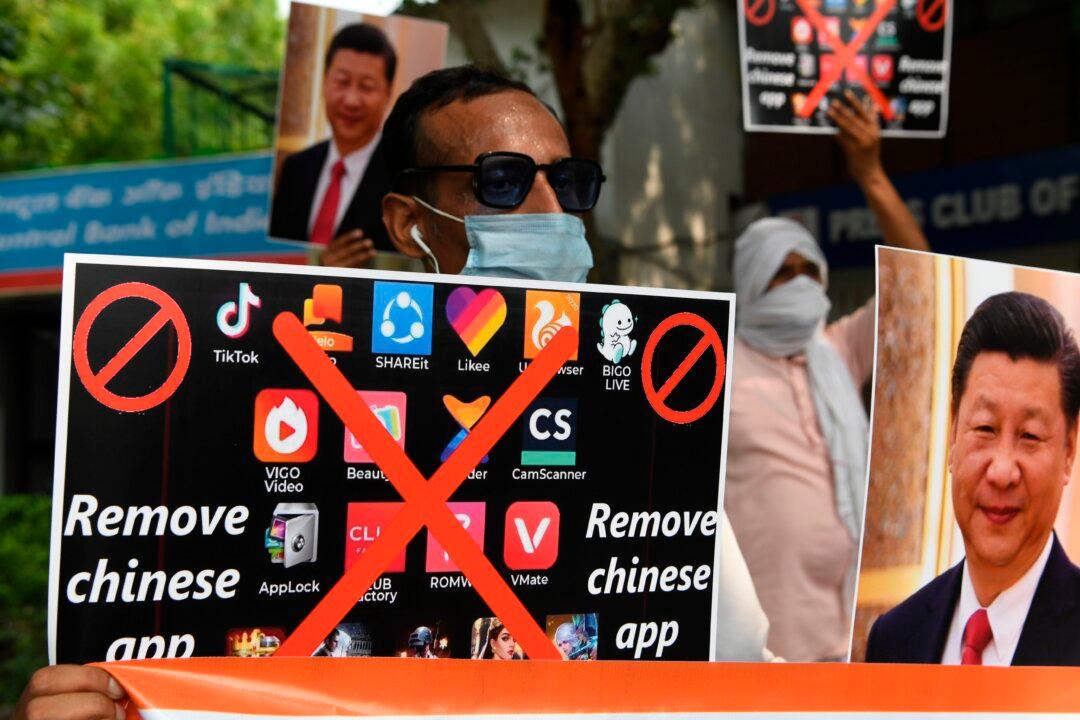Following the success of TikTok and Temu, another Chinese-developed app, Talkie, has quickly gained popularity in the United States. Given the concerns over data theft and the influence of Chinese tech companies, some Chinese affairs experts believe the Chinese Communist Party (CCP) has backed Talkie’s rapid expansion into Western markets, and the app carries hidden factors of China’s unrestricted war against the West.
Launched about a year ago, Talkie is a conversational AI platform that allows users to engage with a series of virtual characters through the app, such as Donald Trump, Taylor Swift, Elon Musk, and other celebrities. These characters, powered by artificial intelligence, are designed to mimic a natural conversation with the user. According to Data.ai, the app was ranked among the top six entertainment apps on Apple’s app store in July.




